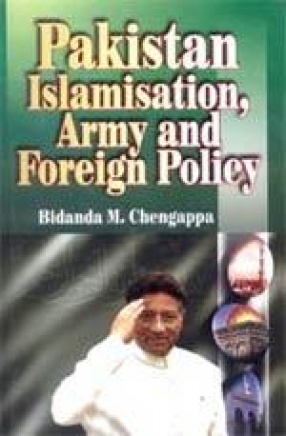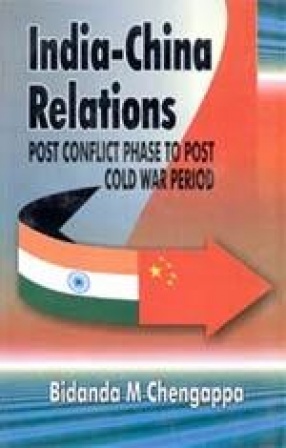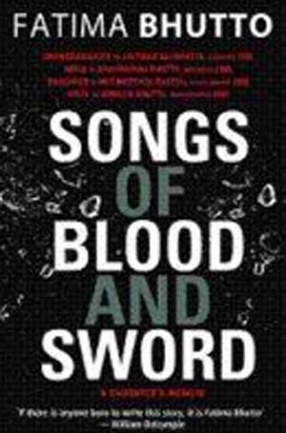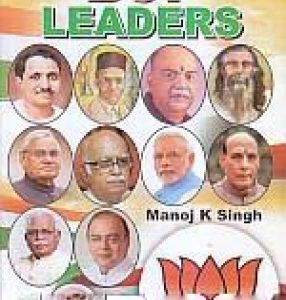Pakistan as India’s northwestern neighbour assumes importance in terms of security and economy. From an Indian perspective, Pakistan’s internal dynamics particularly its socio-political stability has a bearing on Islamabad’s foreign policy formulation. For India therefore, a Pakistan that projects either a cordial or hostile foreign policy has strong security implications. Pakistan today is a product of its past. Particularly the Islamic imprint of the Zia period that still impacts on its socio-political period that still impacts on its socio-political stability. The book therefore begins with the advent of General-turned-president Ziaul Haq in Pakistan. He altered the social-political discourse in the country and fuelled the role of religion in public life that was hitherto a personal affair. During his regime Islamic fundamentalism was directed at the Soviet forces in Afghanistan. Subsequently, Benazir Bhutto’s ascension as prime minister in 1988, culminated in the manifestation of Islamic fundamentalism through jehad or holy war against Indian security forces in Jammu and Kashmir since 1989. Given these realities the book begins with an analysis of Islamization during the Zia period. The next chapter examined Islamization of the Pakistan Army that started thanks to President Zia’s initiatives. Interestingly the Pakistan Army used the expression jehad as early as the 1965 war with India. However, the socio-political climate within the country was far more secular with President Ayub Khan at the helm of affairs. To that extent, jehad was confined to the military sphere and did not spill over into the realm of civilian affairs. The Islamisation of the Pakistan Army is visible through the beards that officer’s sport, the absence of alcohol in military messes, change in sartorial code and declaration of the Sherwani as a formal dress, proficiency in religious studies to pass promotion exams. Apparently Islamisation impacted on the officer corps more than Pakistani soldiers. It is argued that Pakistani soldiers have always been religious unlike their officers. These are some issues that the chapters on Islamisation attempt to analyze. The internal dynamics of a state eventually manifest in external terms and therefore a book on Pakistan would be incomplete without a look at its foreign policy. To that extent, Pakistan’s foreign policy has relevance from an India centric perspective. And so one chapter deals with the Kashmir centric orientation to foreign policy–the core issue. The next examines Pakistan’s relations with Nepal and how it impinges on Indian security interests. It forms part of Islamabad’s foreign policy to develop close ties with the smaller states in South Asia to counter New Delhi’s pre-eminence in the region.
India-China Relations: Post Conflict Phase to Post Cold War Period
Despite the strategic ...
$32.40
$36.00






There are no reviews yet.